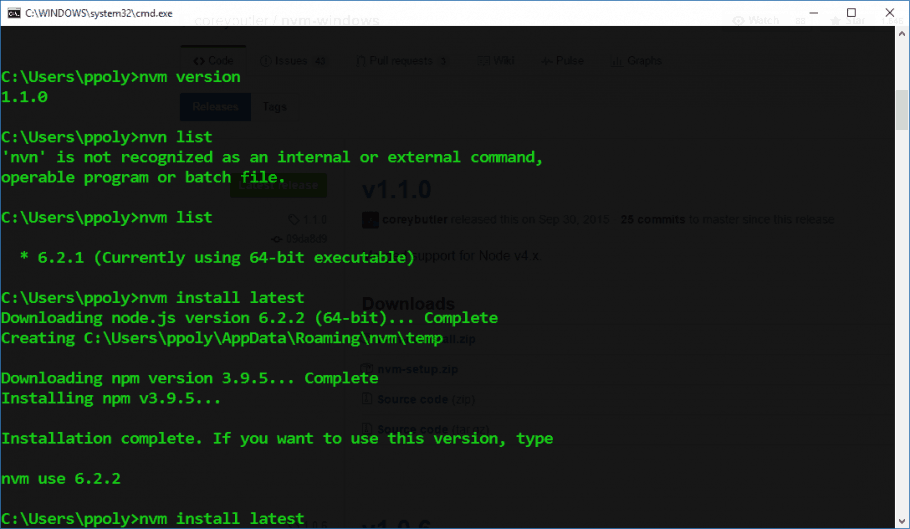
Read more on Nodejs getting started guide. You can now proceed to build your web applications using Nodejs. That marks the end of our tutorial on how to install Nodejs on Debian 11. Get the information about installed version of Nodejs on Debian 11 apt info nodejs Package: nodejsĭepends: libc6 (>= 2.17), libgcc1 (>= 1:3.4), libstdc++6 (>= 4.8), python3-minimal, ca-certificatesĬonflicts: nodejs-dev, nodejs-legacy, npmĮcho "deb stable main" | sudo tee /etc/apt//yarn.list Once the repos are in place, you can now install Nodejs on Debian 11. Step 1: Install Node.js using NodeSource PPA / NVM You can install Node.js 16 on Ubuntu 22.0420.0418.04 from either: NodeSource PPA Repository Using NVM Manager Method 1) Install Node.js 16 on Ubuntu from NodeSource PPA Repository To install any version of Node.js you can use a PPA (personal package archive) which is maintained by Nodesource. Therefore, to install the latest, which is Nodejs 16.x, which is the current stable release as per the Nodejs releases page, you need to install Nodejs Deb repository on Debian 11 by executing the command below curl -sL | sudo -E bash - Install Nodejs on Debian 11 This command will install NodeJS and npm which is the package manager of. debian/patches: 3 patches with invalid metadata, 2 patches to forward upstream high. Step 2: Install Nodejs and NPM: After the prereq of this process is done, which is to update the packages, we can move ahead and try installing nodeJs and npm together with the command given below: sudo apt install nodejs npm.



500 bullseye-security/main amd64 Packagesĥ00 bullseye/main amd64 Packages Install Nodejs APT Repository A new upstream version is available: 18.14.2 high.


 0 kommentar(er)
0 kommentar(er)
